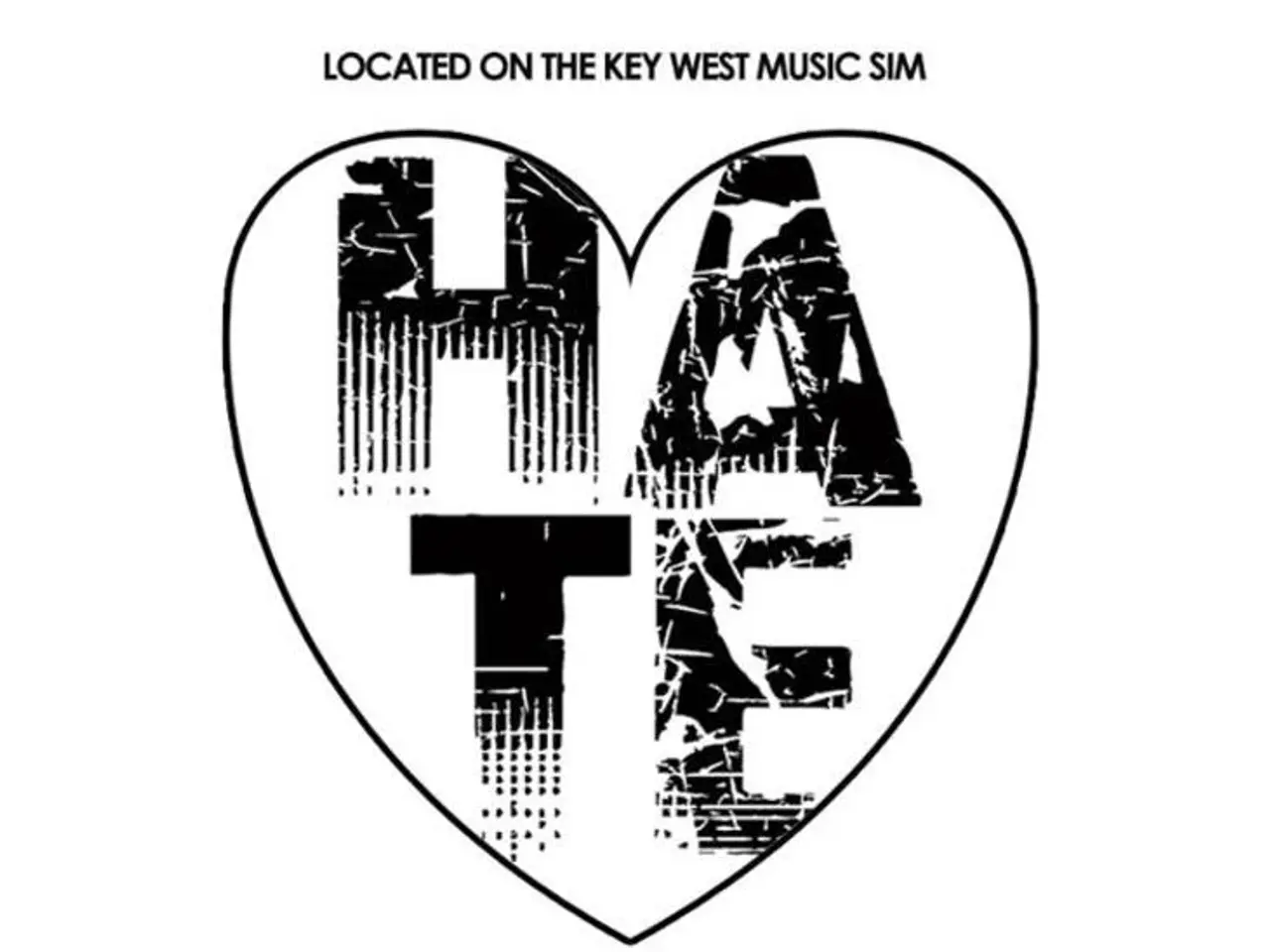Examining the Argument for Whataboutery
In recent times, a phenomenon known as Gaza fetishism has emerged in media and public discourse, characterised by an excessive moral and emotional focus on the Gaza conflict. This disproportionate attention, often portraying Gaza as the quintessential moral battleground of modern history, has significant implications for media coverage and public perception towards other global conflicts.
The latest casualty of this trend seems to be the ongoing humanitarian crisis in Nigeria, where an estimated 652 children have starved to death over the past six months [1]. Despite the severity of this tragedy, it was only mentioned as a final item on the BBC's News at Ten, overshadowed by the ongoing conflict in Gaza [2].
Similarly, the war in Sudan, with its tens of thousands of deaths and millions of displaced, famished souls, has been made morally subordinate to the Gaza infatuation. Sudanese migrants in the UK felt compelled to set up a group called London for Sudan to plead with the media to "take notice of the conflict" [3].
The trend is not exclusive to Africa. In Ukraine, despite a vibrant independent media landscape, the moral clarity often attributed to Gaza sometimes contrasts with the framing of Ukraine's conflict, which is frequently covered with emphasis on geopolitical stakes and broader international alliances [2].
This selective media focus can lead to unequal empathy and advocacy, where global audiences emotionally and politically prioritise Gaza above other conflicts, influencing international aid, diplomatic attention, and public activism.
The phenomenon of Gaza fetishism reflects broader capitalist media dynamics where certain narratives become commodified and emotionally charged to capture attention, sometimes at the expense of complex truth or broader moral considerations [1][5]. The media's focus on clear-cut moral symbols (like Gaza) can obscure deeper socio-political context and reduce complex global conflicts to simplified binaries.
In Nigeria, where a jihadist insurgency is raging and international aid is running thin, five million people are 'severely hungry' [4]. Yet, the World Food Programme is only able to feed 1.3 million of these people [4]. This stark reality underscores the need for a more balanced approach in media coverage and public discourse that prioritises nuanced understanding and empathy for all global conflicts.
References:
[1] BBC News. (2021, October 18). Nigeria: Six children die of hunger every hour, says UN. Retrieved from https://www.bbc.com/news/world-africa-59004913
[2] Al Jazeera. (2021, February 13). Media coverage of Ukraine and Gaza: A comparison. Retrieved from https://www.aljazeera.com/opinions/2021/2/13/media-coverage-of-ukraine-and-gaza-a-comparison
[3] The Guardian. (2021, March 17). Sudanese in the UK set up group to demand media take notice of conflict. Retrieved from https://www.theguardian.com/world/2021/mar/17/sudanese-in-the-uk-set-up-group-to-demand-media-take-notice-of-conflict
[4] UNICEF. (2021, October 19). Over half a million children in Nigeria are severely hungry. Retrieved from https://www.unicef.org/press-releases/over-half-million-children-nigeria-are-severely-hungry-unicef
[5] The New Yorker. (2014, August 11). The Moral Economy of the Gaza War. Retrieved from https://www.newyorker.com/magazine/2014/08/11/the-moral-economy-of-the-gaza-war
- The focus on Gaza in media and public discourse, often prioritizing it over other global conflicts, is a reflection of cancel culture and identity politics, as certain narratives become more emotionally charged, seemingly overshadowing complex truths and broader moral considerations.
- The trend of Gaza fetishism, wherein the ongoing humanitarian crisis in Nigeria and the war in Sudan, among others, receive less attention, is a concerning implication of culture and politics, as it leads to unequal empathy and advocacy, influencing international aid, diplomatic attention, and public activism.
- In a world where free speech and general-news coverage can significantly shape public perception, it is crucial to advocate for a more balanced approach, prioritizing nuanced understanding and empathy for all global conflicts, rather than commodifying certain narratives to capture attention at the expense of others.




